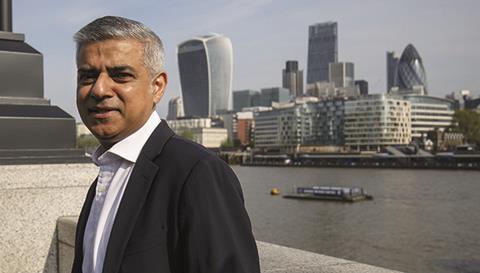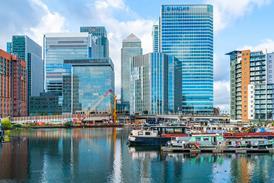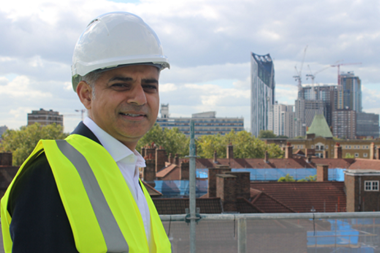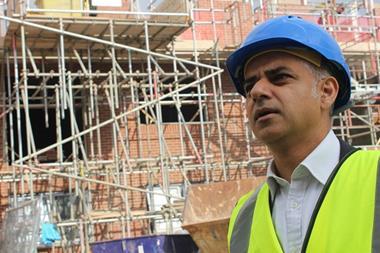When Londoners came out in force last week to elect Sadiq Khan as their new mayor, they made the right choice.

Quite apart from a sensible manifesto aligned with the needs and concerns of Londoners, Khan embodies what London should be about: a city where people have the opportunity to succeed through hard work, regardless of their background.
The son of a Pakistani-born bus driver who was brought up on a council estate and became a human rights lawyer and a successful politician, Khan is a living example of what makes London a great city. His story highlights why it is important that we focus on creating a better London for everyone, rather than making our capital a playground for the select few.
Additionally, Khan’s pro-EU stance is a sign that he also understands the importance of international trade for London. A pro-Brexit mayor would make no sense for the capital, which is all the stronger and more successful for its presence within Europe.
In the run-up to the election, 56% of people polled said housing was the most pressing concern in London. Having previously declared that the mayoral election was essentially a referendum on housing, the significance of Khan’s victory should not be underestimated by property investors and developers active in London: his policies are likely to have a profound effect on the industry.
Khan plans to deliver 80,000 new homes a year, of which half should be genuinely affordable to rent or buy. Given that only 28,000 homes were built in London last year - 6,856 of which were affordable - this is an ambitious target that will require a serious shake-up. He has pledged to build thousands of family homes that first-time buyers can afford and will offer discounted starter homes and support housing associations and councils in building homes for social rent. He will also support tenure-blind developments and has pledged to give locals, rather than overseas investors, first dibs on new homes.

He plans to introduce London Living Rent properties - a new private-rent tenure for which rent is linked to a third of the average local income - and part-buy, part-rent homes with small deposits and lower monthly costs. He has also promised to explore incentives for businesses to provide investment in new homes that could benefit their workforce.
Khan’s policies will require serious changes and are ones he will not be able to deliver alone. He has already spoken of some of the ways he intends to turn his plans into reality - for example, through a new team at City Hall called Homes for Londoners, bringing together developers, investors, housing associations and residents’ organisations to work together to build more homes, and by pushing for ministers to take increased action to prevent land banking.
Nevertheless, we must remember that his power as mayor of London is limited and external factors could scupper his plans. For example, the result of the EU referendum could limit the supply of the European workforce that is so crucial to our construction industry, making it considerably more difficult to deliver the quantity of new homes he has pledged.
We should also not forget that turning theory into practice is rarely a smooth and straightforward process. Now that he has taken his place at City Hall, the hard work must begin. It is only through a collaborative approach with property developers, contractors and communities, to ensure that they are all properly engaged and committed to working together to tackle the housing crisis, that any meaningful and sustainable changes will be made.
Provided Khan recognises that collaboration with the property industry is the key to success, we could be at the dawn of a new and exciting period for London.
Jonathan Goldstein is chief executive of Cain Hoy





























No comments yet